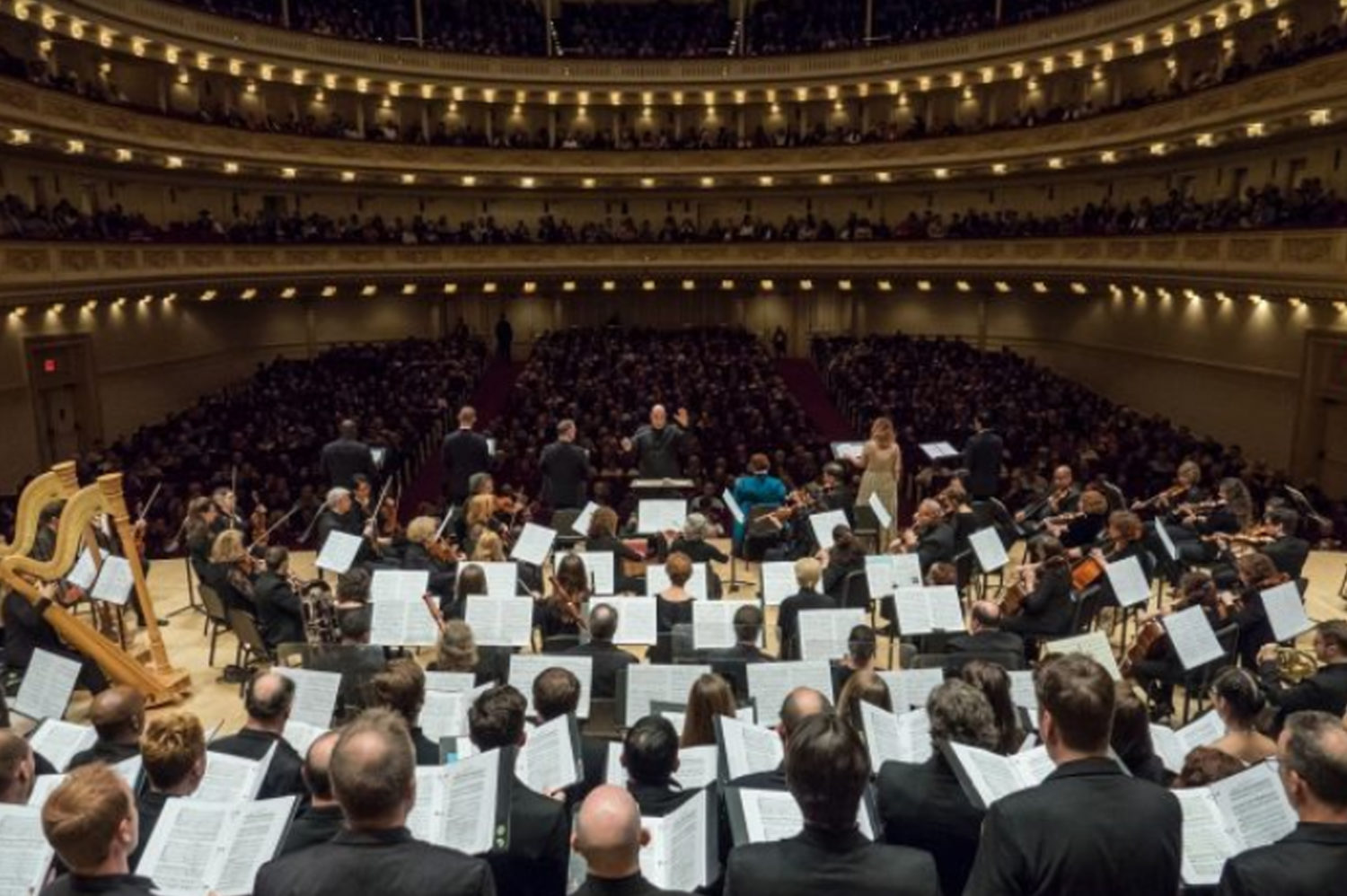The Kingdom
By Byron Adams
Edward Elgar
Born June 2, 1857, Broadheath, United Kingdom
Died February 23, 1934, Worcester, United Kingdom
The Kingdom, Op. 51
Composed in 1906
Premiered on October 3, 1906 in Birmingham, England at Birmingham Music
Festival conducted by Elgar with soloists Agnes Nicholls, Muriel Foster,
John Coates and William Higley
Performance Time: Approximately 95 minutes
Due to the popularity of Elgar’s first major oratorio, The Dream of Gerontius, the directors of the 1903 Birmingham Festival commissioned him to compose a large choral score on a religious topic. Elgar proposed the subject of the Apostles, which was accepted with relief by the festival organizers. For The Dream of Gerontius, Elgar had redacted St. John Henry Newman’s eponymous poem; the whiff of incense in Newman’s Roman Catholic verse had caused unwelcome controversy among censorious Anglican clergy when the work was premiered during the 1900 Birmingham Festival. By contrast, the text for the new oratorio was to be drawn from the officially sanctioned Authorized Version of the Bible (known in America as the “King James Version”). As Robert Anderson notes, “His method [for creating the libretto] was largely improvisatory, a procedure daring and risky, but very Elgarian.” In the course of creating his text, Elgar took care to consult with two broad-minded and musical Anglican clergymen, Edward Capel Cure and Charles Vincent Gorton.
Elgar had been attracted to the subject of the Apostles since childhood: one of his teachers at the Roman Catholic boys’ school that he had attended in his native Worcester had characterized the Apostles as “poor men, young men, at the time of their calling; perhaps before the descent of the Holy Ghost not cleverer than some of you here.” The project, originally to consist of a trilogy of oratorios, was of grandiose Wagnerian proportions. The trilogy was to cover no less than the calling of the Apostles and their acts; the founding of the early church; and the Last Judgment. As the composer wrote in 1902 to Ivor Atkins, organist of Worcester Cathedral, “I am now plotting GIGANTIC WORK.” Elgar traveled to Bayreuth in 1902 for inspiration, attending performances of the first three of Wagner’s tetralogy of music dramas, Der Ring des Nibelungen, as well as Parsifal.
In the end, Elgar’s ambitious plan proved unworkable due to the openended nature of the subject itself. As Jerrold Northrop Moore observes, “It was literally a story without end, for where was the end of Christian Apostlehood?” Elgar truncated his original design for the 1903 performance of The Apostles. Despite the composer’s procrastination over its composition and proofreading, The Apostles was a success at its premiere on 14 October 1903. Looking to build on that success, the festival committee commissioned Elgar for another large sacred choral score for 1906; this was to be a sequel to The Apostles, in accordance with the
composer’s original plan.
The composition of The Kingdom was fraught with difficulties, not the least of which was Elgar’s growing disenchantment with his Roman Catholic faith and with Christianity in general. Ironically, Elgar’s loss of belief was due in part to his work on the texts of both The Apostles and The Kingdom. Elgar’s religious education had been doctrinal and liturgical rather than theological, so that he was unprepared for the contradictory speculations of the authors that he consulted, such as the skeptical Ernest Renan. The emotional crisis provoked by this work caused Elgar to evince a series of illnesses—possibly psychosomatic—as well as petulant behavior that his long-suffering wife, Alice, endured with almost superhuman patience. This meant that part of the original plan of The Kingdom had to be modified, making it the most concise of Elgar’s three major oratorios.
None of this creative or religious trauma is evident in this score, which centers on St. Peter. High points include a rousing orchestral prelude that recapitulates leitmotifs from The Apostles; the descent of the Holy Ghost at Pentecost; and a moving solo for the Virgin Mary, “The sun goeth down.” Elgar’s Roman Catholic faith lingers in his use of the Gregorian chant O sacrum convivium, which is sung during Feast of Corpus Christi, a Eucharistic celebration. In an elaborate program essay written for the oratorio’s premiere on 3 October 1906, Elgar’s friend August Jaeger labelled this theme “The Real Presence,” alluding to the Catholic doctrine of transubstantiation, which posits the transmutation of Eucharistic elements into the actual Body of Christ. Elgar’s use of this chant thus foreshadows the oratorio’s serene conclusion, during which the Apostles sing The Lord’s Prayer in rapt communion.
Byron Adams is a Distinguished Professor of Musicology at the University of California, Riverside.

